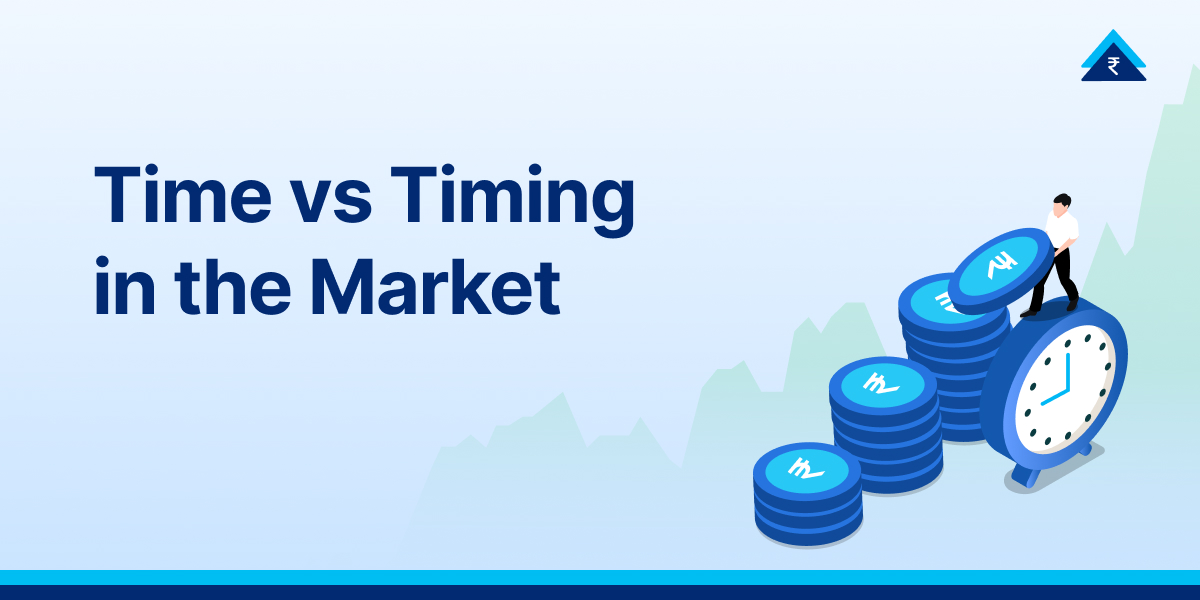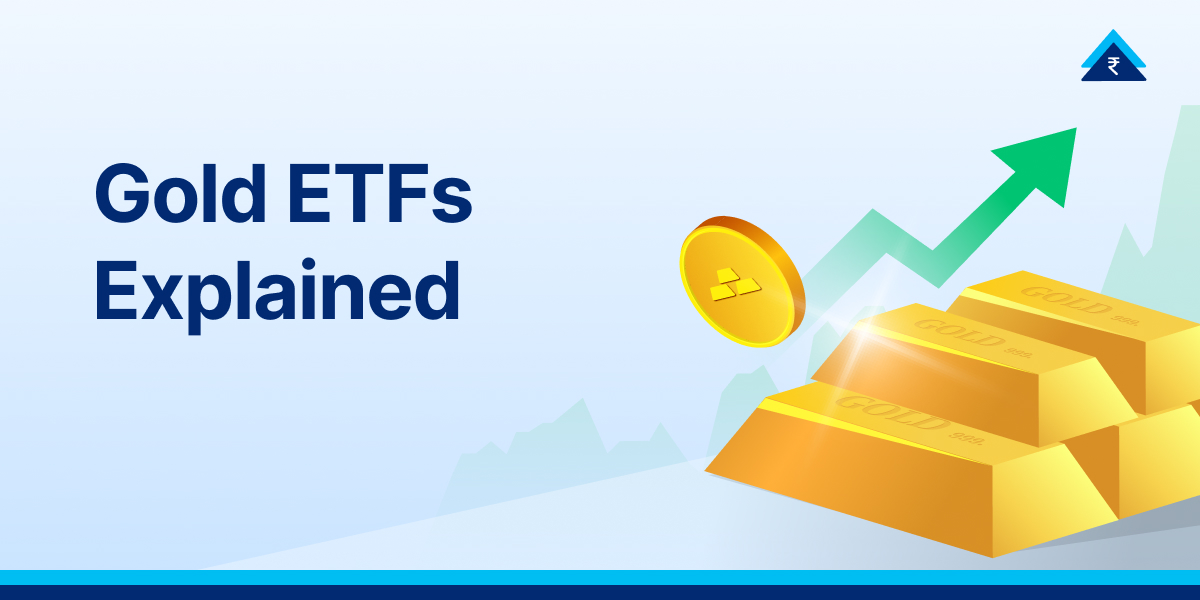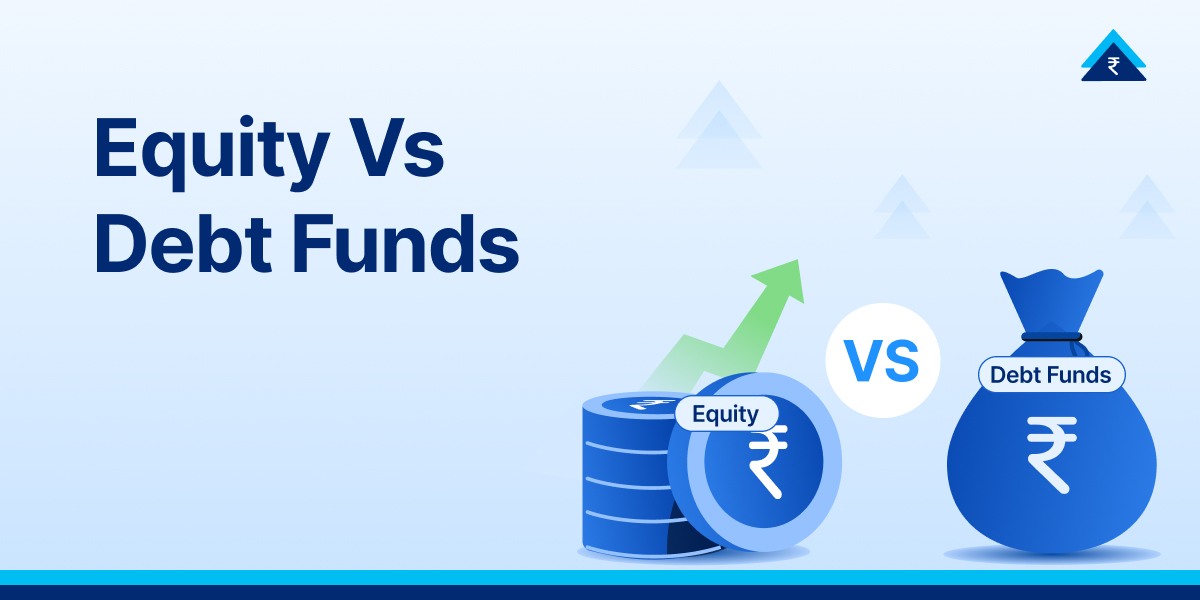Mutual funds provide an opportunity to seek exposure to different asset classes as per your financial goals, risk appetite, and investment horizon. Be it an experienced investor or a first-time investor, anyone may invest in mutual funds to create wealth. But, in order to arrive at the right fund, it is important to understand the mutual fund types that one might invest in.
Broadly, mutual funds are classified into three types i.e. equity funds, debt funds, and hybrid funds. Let’s have a look at each one of these.
1. Equity Funds or Growth Funds:
These funds invest in stocks of companies that function in one or several sectors. Their main objective is to accumulate wealth towards long term goals like children’s higher education, retirement planning, and others. These funds have a higher market risk that makes them deliver relatively higher returns on investment. You may invest in different types of equity funds to achieve your financial goals as follows:
- Large Cap Funds offer relatively stable returns by investing in the equity shares of well-established companies. Small Cap Funds and Mid Cap Funds, as opposed to this, have a high-risk high-return potential. These funds invest in the equity shares of small-sized and mid-sized companies respectively.
- Investors with a high-risk appetite may invest in Focused Funds that maintain a portfolio of equity shares with a high growth potential to deliver maximum gains.
- ELSS Funds offer tax benefits of up to Rs 1.5 lakh under Section 80C of the Income Tax Act in addition to long term wealth creation.
- Sector Funds and Thematic Funds provide you the growth opportunities of a particular sector/theme.
2. Debt Funds or Income Funds:
These funds invest in securities like treasury bills, government securities, and bonds that generate fixed income. Their primary objective is to preserve the invested capital and provide a regular income across different time horizons. These funds are comparatively safer than equity funds. You may invest in different kinds of debt funds to achieve specific financial goals as follows:
- Duration-based Funds range from Overnight Funds to Long Duration Funds that invest in debt securities that have a maturity at different dates. You may invest in the respective according to your investment horizon.
- Liquid Funds offer you ready access to cash at the time of emergencies.
- Aggressive investors may invest some part of their portfolio towards Credit Risk Funds that invest in high-risk corporate bonds.
- Gilt Funds seek exposure to government securities that mature at different dates to offer optimal returns on investment.
- Dynamic Bond Funds are all-weather funds that take benefit of the interest rate movements to grow wealth.
3. Hybrid Funds:
These funds invest in a mix of equity shares, bonds, and gold in a set proportion. The equity component enables to grow wealth while the debt component serves as a cushion during market fluctuations. These funds take a moderately high risk to create wealth over the medium to long term. Hybrid funds can be of the following types:
- Conservative/Balanced/Aggressive Hybrid Funds invest in a blend of stocks and bonds to offer optimal returns.
- Multi-Asset Allocation Funds invest in a portfolio that consists of several asset classes like stocks, bonds, and gold.
- Hybrid Funds may suit individuals who want to earn higher returns on their retirement corpus that beats inflation.
- Arbitrage Funds use the price differential of an asset (like stocks) in the cash and derivatives market to earn returns.
- Equity Savings Funds invest in equity shares, fixed-income securities and make use of arbitrage opportunities to generate wealth.
The Final Takeaway
Investing in mutual funds is a smart way to get a higher return on investment. However, sometimes picking the right fund may seem like an uphill task. To start off your investment journey on the right foot, you can explore our Investment Packs on Paytm Money app. These packs are well-diversified and designed to suit your risk profile and investment needs.






